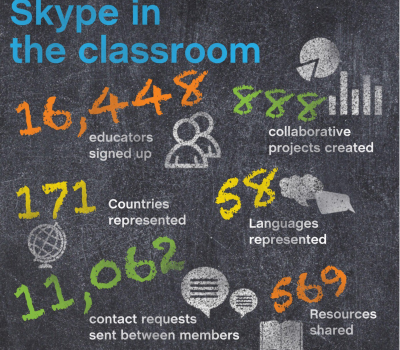


Space.
An incredible topic.
And for good reason. Space science is a great unknown. Even today, there are facts and physics behind planets, stars, rocket science, and the universe which are still truly unbelievable.
With space science taking steps back into the UK spotlight, my question is as follows: could more space science help boost engagement in the science curriculum?
A report into science engagement was published a few years ago that looked at the big picture. Among several findings, it identified cold spots in the UK where science engagement was low. And the main reason behind it? That science infrastructure in those areas wasn’t really there.
However, space science might have the potential for engagement again. Outer-space and rocket launches in particular have the benefit of being very public events. People hunt for aurora sightings. Solar eclipses get attention. Launches are watched by thousands of people. They all make the news. And inspire awe and wonder in others.
You can see below from the graphic that rockets were a massive topic of interest. And educational writers were using the opportunity to teach space science wherever possible.
This does wonders for STEM outreach, which is becoming more valued each year as industries work to fill the growing demand for scientific jobs.
Despite not being a full success, LauncherOne taking to the skies is arguably a game changer for Science and STEM outreach in the UK. For the first time, British children were able to see a rocket take off with their own eyes.
You can imagine what that might do to inspire the next generation of scientists.
With a UK rocket launch making the news spotlight, you could argue that space science has become more of a teachable topic than ever in the UK. It’s more relevant, it’s more relatable, and with a growing surge of teaching resources on space, it’s much easier for teachers to boldly teach children from a young age where no one has been taught before.
And there are plenty of resources and opportunities to teach space science to children as well.
Cornwall Spaceport is the location of the UK’s first rocket launch. It’s also a site where children can visit on school trips, do virtual tours, and learn all about real-life rocket and satellite design.
It’s a trek if you want to see it in person and you’re north of the midlands, but it’s a wonderful introduction to teaching space travel, especially for younger children. You can also make the most of their virtual resources instead.
Leicester Space Centre has been in Leicestershire’s orbit since 2001. It houses the largest planetarium in the UK and is the home to the rocket tower where you can see a real rocket in person.
This place is well-established and has been hosting school trips for a while. It also has plenty of exhibits and open space, making self-led trips a possibility for older children as well.
Twinkl have been developing resources around space and STEM for children of all ages, but there’s a real focus on inspiring children from a young age with space themed activities as well:
NASA are a leading space agency that provides lots of specialist knowledge about space science. As well as hosting podcasts and NASA TV, you can also check out their social media accounts, where they post regular photos from their space research.
There is also a dedicated section for children as well.
There’s a lot of potential to teach about space, even from a really young age. As a topic that’s well established in the media, it’s becoming more and more relatable. It could also be a gateway into other topics of the science curriculum.
Through a wealth of resources, you can help to boost engagement with science. But as a theme or framework, it could be a useful teaching tool in other subjects like creative writing, literature, or even history as well.
Plus, you get the added bonus of supporting STEM engagement, especially in primary schools.
If you’re keen to read more about that, you can read more about it below:
Photo by Greg Rakozy on Unsplash